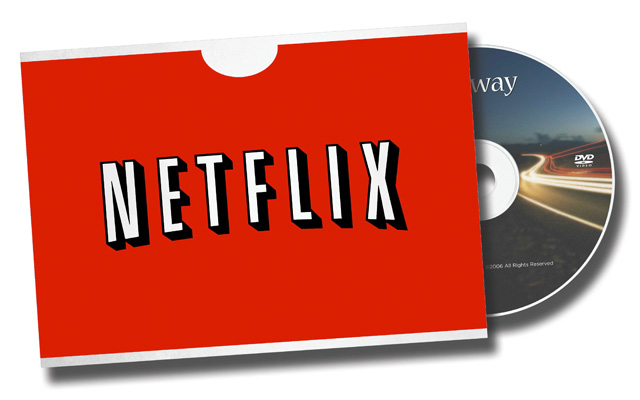How Netflix Changed the World
Since it’s inception in 1997, Netflix has grown from a small start-up company specialising in mail order DVDs to the world’s foremost source of international entertainment streaming. With over 125 million subscribers around the globe, Netflix has revolutionised not only the way we watch TV, but also the industry itself. Here’s how Netflix achieved world domination.
Netflix: The Origin Story
The brainchild of Marc Randolph and Reed Hastings – who has remained CEO of the company – begun when Hastings was forced to pay high fees for returning a DVD rental late and was inspired to create a service which made DVD rentals cheap and easy. Randolph partnered with Hastings and they both agreed that the service would be most effective if it was offered on the internet and together the two – as well as 30 employees – began Netflix.

Personalised Recommendation System
The original concept of Netflix may have been a subscription-based movie rental service, but at it’s heart the company is driven by technology. As such, the next major innovation introduced by the company was the personalised recommendation system which used algorithms based on ratings and reviews from past viewers to match content to it’s members preferences. While this algorithm was put in place to recommend movie rentals to subscribers, this feature is still widely used on Netflix as we know it today.
Video Streaming
Netflix moved away from physical DVDs in 2007 with the launch of video-on-demand and began streaming content much as it is available today. Access was at first limited to an hour for every dollar spent on the subscription, but this cap was eventually done away with – fortunately there is no such cap for live AFL betting! One of the most appealing features of the Netflix subscription is the ability to nestle up to 5 personalised profiles under one subscription, making it perfect for families and housemates.
Original Content & Rights Exclusivity
Netflix knew that they had to put together a vast library of content to satisfy the requirements of their growing subscription base and this was achieved by signing exclusive rights to content with major entertainment companies. Their ever-increasing dominance of the market led to intense competition to the rights of content, eventually leading to Netflix creating their own original content, the first of which was House of Cards in 2013.
Unlimited Access
Netflix takes unlimited access to the next stratosphere. With a library of content available to all members – except those with legal restrictions dependant on country – and the ability to stream on nearly every device currently on the market, Netflix has become the most popular streaming service in the world.
The Rise of Binge Watching
Binge watching is a popular term in today’s lexicon and Netflix was in fact responsible for the rise of this phenomenon as well. While traditional TV networks made their viewers wait a week – sometimes longer – for new episodes, Netflix began releasing entire seasons of TV series all at once. This allowed viewers to watch as many episodes of a show as they desired, leading to binge watching.
Revolutionising the Entertainment Industry
Netflix does not rely upon revenue generated through advertising thanks to the subscription-based model, giving their consumers the benefit of commercial-free viewing. This has in turn led to a number of unintended affects which have changed the very fabric of the entertainment industry. As writers are not bound by the usual 30/60-minute time slots, they have changed the way they write and there is no need to rehash old content as they no longer assume weekly viewing.
Binge away!





